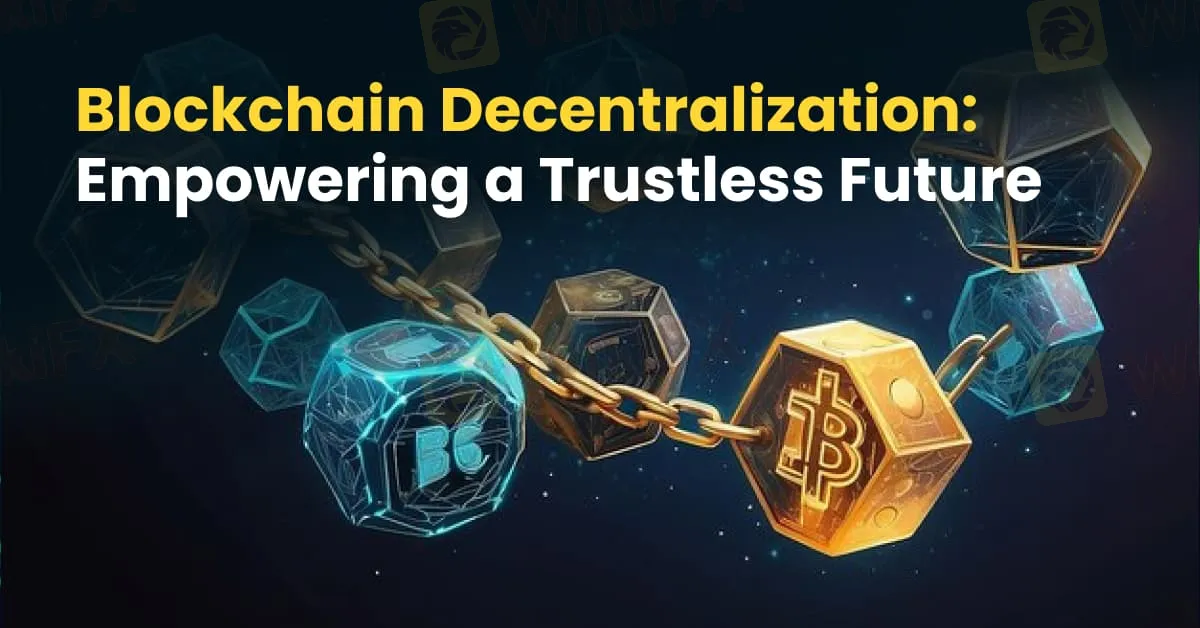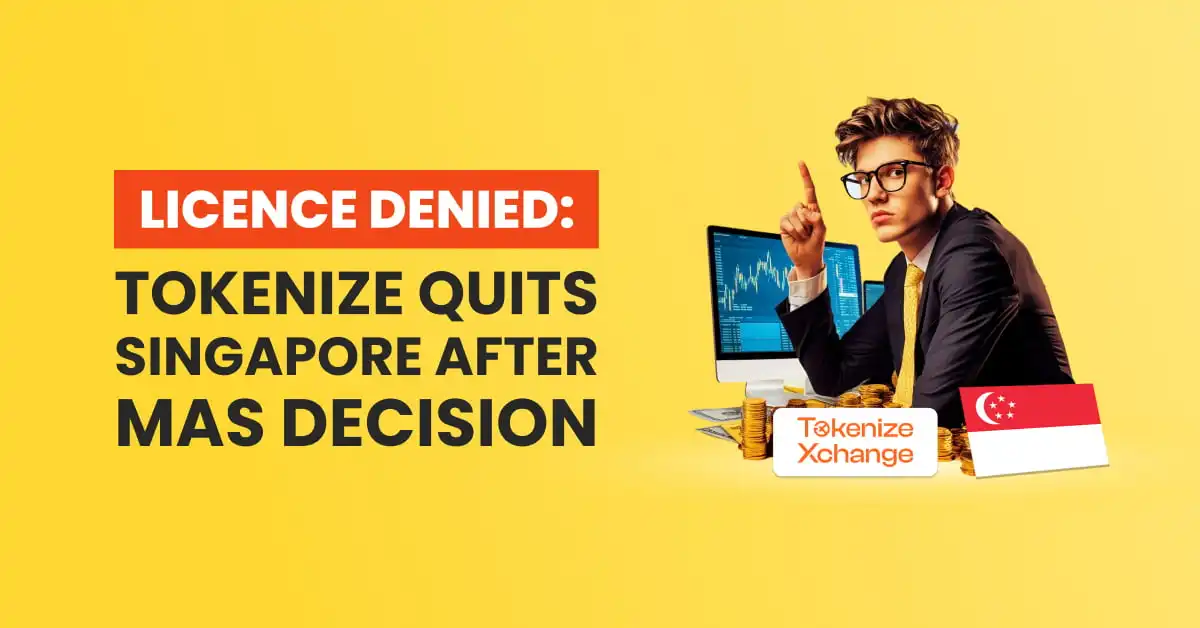Blockchain Decentralization: Empowering a Trustless Future
Abstract:In recent years, blockchain technology has rapidly evolved from a niche innovation behind Bitcoin into a transformative force across industries. At its core, blockchain decentralization refers to the distribution of authority and decision-making away from a central entity and into the hands of a distributed network of participants. This shift redefines how data is stored and verified and paves the way for trustless, transparent, and resilient systems that challenge traditional centralized models.

In recent years, blockchain technology has rapidly evolved from a Bitcoin innovation into a transformative force. At its core, blockchain decentralization refers to the distribution of authority and decision-making away from a central entity and into the hands of a distributed network of participants.
What Is Blockchain Decentralization?
According to resource, blockchain decentralization is the process of dispersing control over a network so that no single participant, organization, or government can control the ledger unilaterally. Instead of relying on a central authority to validate transactions, decentralized blockchains use consensus algorithms—such as proof of work (PoW) or proof of stake (PoS)—to ensure that all participants agree on the state of the ledger.
Each node in a decentralized blockchain holds a complete copy of the entire ledger. This redundancy not only ensures transparency but also enhances security because tampering with any record would require altering the majority of copies across the network. In this way, decentralization builds a system where trust is established not by any single party but by the network itself.
Key Benefits of Decentralization
1. Enhanced Security and Immutability
One of the most celebrated advantages of decentralization is its robustness against attacks. In a decentralized network, there is no central point of failure. Every node participates in the validation of transactions, making it extremely difficult for malicious actors to manipulate the ledger. Even if one node is compromised, the remaining nodes maintain the correct copy of the data. This makes blockchain systems particularly resistant to fraud, double-spending, and unauthorized changes, thereby establishing an immutable record of all transactions.
2. Increased Transparency and Trust
Decentralization creates a transparent environment where all participants have access to the same information. Every transaction recorded on the blockchain is time-stamped and publicly verifiable, which helps build trust among users who do not need to rely on a central intermediary. This transparency is particularly valuable in industries such as supply chain management, where it is critical to trace the origin and movement of goods, or in financial services where transparency reduces the potential for corruption.
3. Empowerment and User Control
By eliminating centralized intermediaries, decentralization empowers users with complete control over their data and assets. In traditional financial systems, banks or other institutions control access and can impose restrictions or fees. In a decentralized blockchain, users manage their own digital identities and assets, ensuring that no single entity has unilateral control.
Challenges and Considerations
Despite its many advantages, blockchain decentralization comes with its own set of challenges:
1. Scalability
Decentralized systems face significant scalability challenges. For instance, Bitcoin processes only about seven transactions per second, a far cry from the thousands of transactions handled by centralized payment networks like Visa. As blockchain networks grow and more users join, the need for faster transaction times and greater throughput becomes essential. Researchers and developers are exploring solutions such as layer-2 protocols (e.g., Lightning Network) and sharding to overcome these limitations.
2. Coordination and Governance
Decentralized governance requires that all participants reach a consensus on network rules and updates. This distributed decision-making can lead to delays and conflicts, especially when different stakeholders have competing interests. Effective governance models are still evolving, and striking the right balance between inclusivity and efficiency remains an ongoing challenge.
3. Regulatory Uncertainty
The decentralized nature of blockchain makes it difficult for regulators to apply traditional frameworks. Governments are still grappling with how to oversee systems that operate without a central authority. Regulatory uncertainty can hinder the adoption of decentralized systems, as businesses and investors may be reluctant to engage with technologies that lack clear legal guidelines.
4. Economic Incentives
Ensuring that a decentralized network remains robust over time requires carefully designed economic incentives. Miners or validators must be adequately rewarded for their contributions to maintaining network security. However, if these incentives are misaligned, there is a risk of centralization, where only a few entities control a significant portion of the networks resources. Mechanisms such as Proof-of-Stake (PoS) have been introduced to address these concerns, but fine-tuning these systems remains a critical area of research.
Conclusion
Blockchain decentralization represents a paradigm shift in how digital systems are built and managed. By distributing control across a network of independent nodes, decentralization enhances security, transparency, and user empowerment while reducing the reliance on central intermediaries. However, challenges such as scalability, governance, regulatory uncertainty, and economic incentives must be addressed to realize its full potential. As research and innovation continue, decentralization is poised to transform not just cryptocurrencies but the broader digital landscape, ushering in an era of trustless, resilient, and inclusive technology.

Read more

Want to be Sure of a Forex Settlement Process? Read This IMPORTANT Guide!
Forex settlements are complex—and missteps can cost millions. This guide breaks down CLS, the global standard in FX settlement, so you can reduce risk and streamline cross-border transactions.

Licence Denied: Tokenize Quits Singapore After MAS Decision
The Monetary Authority of Singapore (MAS) has denied Tokenize Xchange’s application for a Major Payment Institution (MPI) licence, prompting the cryptocurrency platform to cease its operations in Singapore and shift focus to Labuan, Malaysia.

10 Signs of a Fake Forex Trading or Crypto Website
Been to a forex trading or crypto website promising guaranteed returns, displaying too good to be true testimonials and far too many impressive features? Beware, it's a SCAM! In this article, we discuss 10 signs of a fake forex trading or cryptocurrency website.

Tokenized Stocks: Innovation or Just Another Wrapper?
While tokenized stocks promise global, round-the-clock trading, many platforms only offer synthetic exposure similar to CFDs. Without shareholder rights or deep liquidity, their added value remains in question.
WikiFX Broker
Latest News
Brexit made businesses abandon the UK. Trump's hefty EU tariffs could bring them back
Mastering Deriv Trading: Strategies and Insights for Successful Deriv Traders
U.S. doubles down on Aug. 1 tariffs deadline as EU battles for a deal
Buffett and Thorp’s Secret Options Strategies
Trading Market Profile: A Clear and Practical Guide
CNBC Daily Open: Investors dismiss Trump administration's beef with the Fed — S&P hits new high
Sharing Trading Mistakes and Growth
Eyeing Significant Returns from Forex Investments? Be Updated with These Charts
Want to be Sure of a Forex Settlement Process? Read This IMPORTANT Guide!
Can We Just Skip To Next Week
Rate Calc
